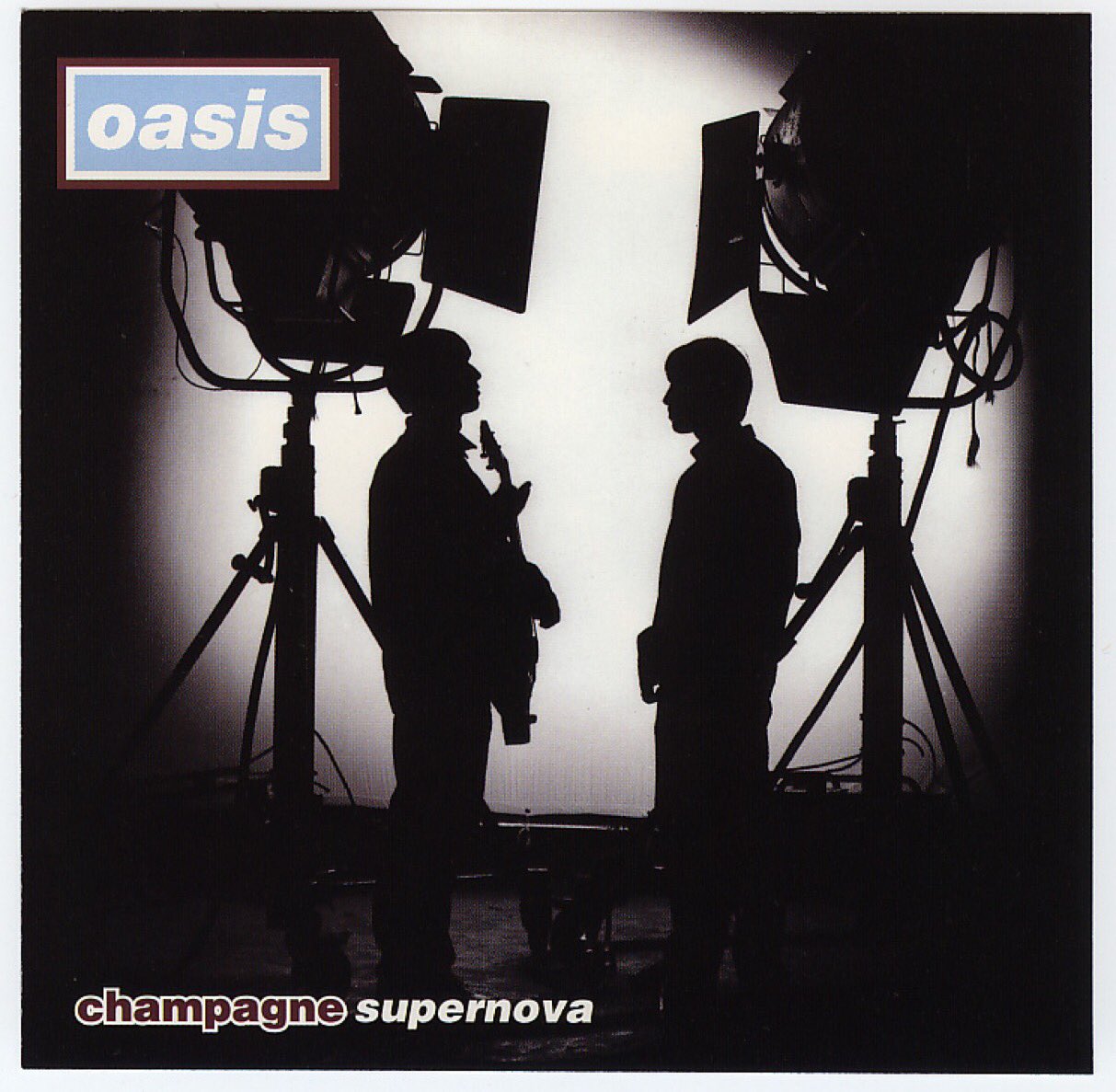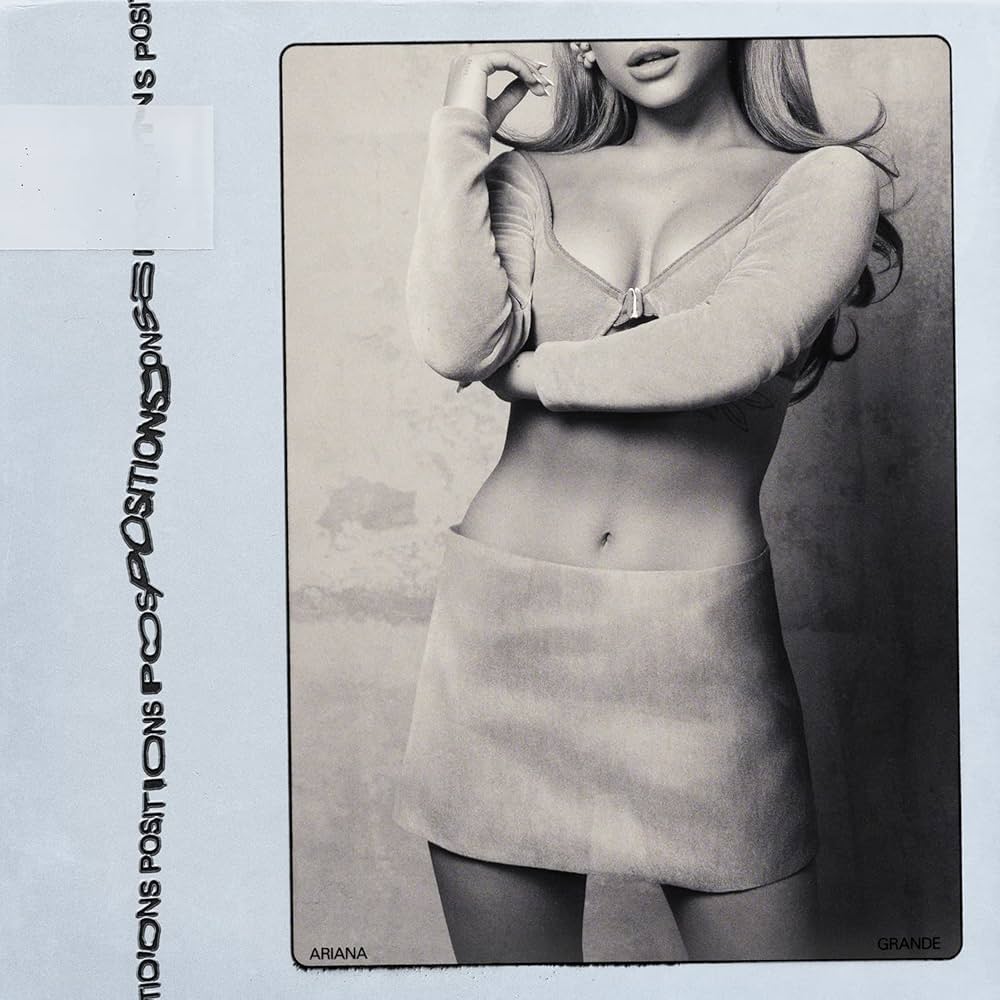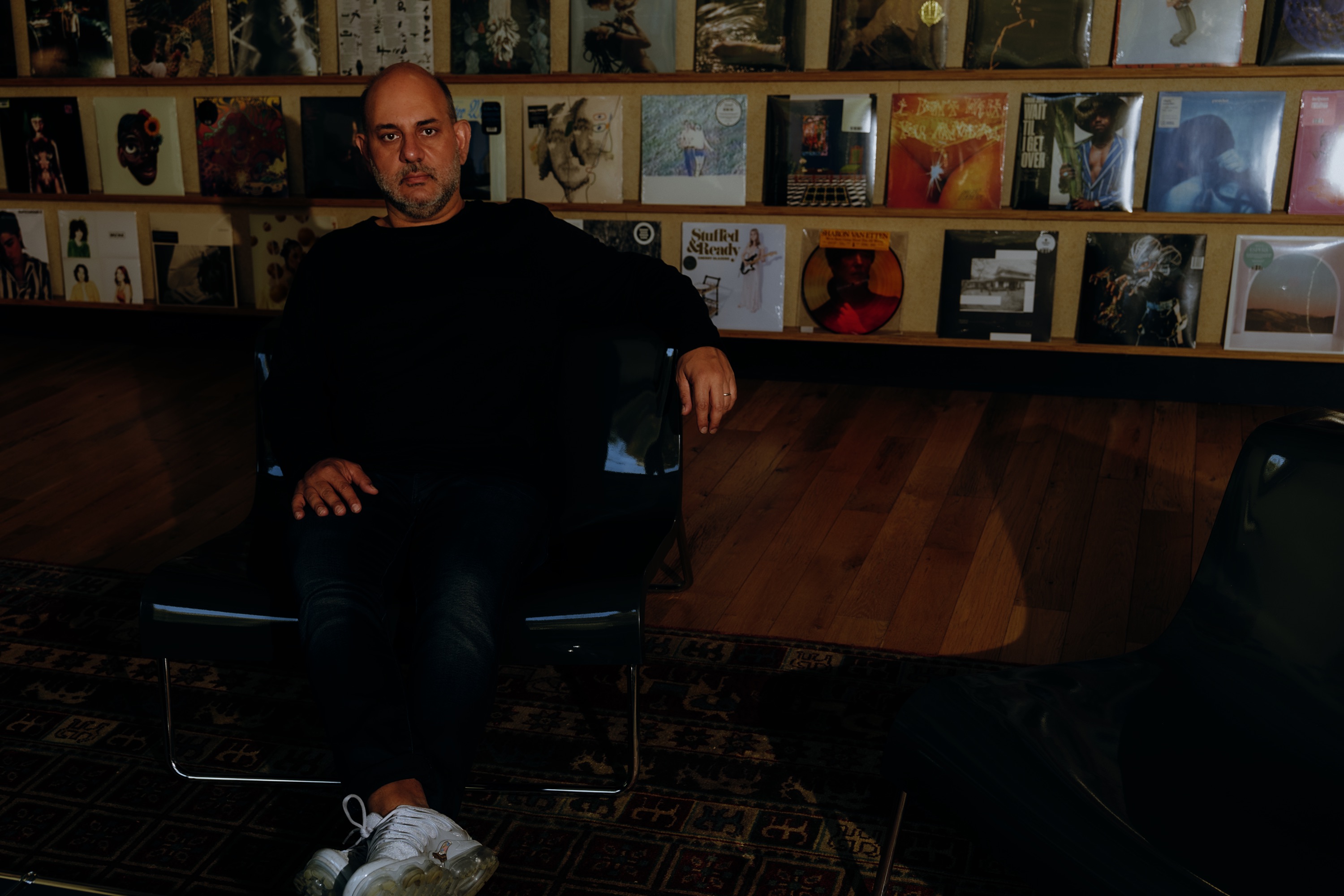The Number Ones is a new column where I'll review every single #1 single in the history of the Billboard Hot 100, starting with the chart's beginning, in 1958, and working my way up into the present.
Lloyd Price - "Stagger Lee"
HIT #1: February 9, 1959
STAYED AT #1: 4 weeks
Like previous #1-hit subject Tom Dooley, Stagger Lee (or "Stagolee," or "Stack-O-Lee," depending on which version you prefer) was a real person. Lee Shelton was a St. Louis pimp and gambler who, in 1895, killed a man named Billy Lyons in a barroom argument, possibly because Lyons took Shelton's hat and wouldn't give it back. Shelton lived until 1912, but he became a folkloric figure almost immediately; there were songs about the murder as early as 1897. "Stagger Lee" became a folk-blues standard, one that took various forms and told different versions of the story of the murder. And in 1959, the New Orleans R&B singer and former Army serviceman Lloyd Price took one of those versions to #1.
A fascinating thing about Price's version of "Stagger Lee" is that it doesn't sound like a murder ballad, or at least not like our idea of what a murder ballad should be. (It sure doesn't sound like "Tom Dooley," the murder ballad that the Kingston Trio had taken to #1 a few months earlier.) Instead, it's a total blast of a song, a spirited New Orleans rumble with a honking sax solo and joyously oooh-waaahing backing singers.
In telling Stagger Lee's story, Price sounds like he's bursting with excitement. After setting the scene with a quick intro about a clear night and a yellow moon, Price just launches into it, giddily recounting all the things his character saw, like it's a story he just can't wait to tell. In Price's telling, the killing is over a gambling dispute, and Stagger Lee is especially pissed that Lyons stole his hat. He brings a cinematic sense of violence to the story, leaving in every tall-tale detail: "Stagger Lee shot Billy / Ooh, he shot that poor boy so bad / Till the bullet came through Billy / And it broke the bartender's glass." (Even the bartender is drinking on the job! Everyone is a miscreant in this song.)
The funny thing about Price's version of the song is the way it refuses to pass any sort of judgment. Billy pleads for his life -- "I got three little children and a very sickly wife" -- but Stagger Lee shoots him anyway. And the whole time, the beat is blasting along, and the backing singers are chanting: "Go, Stagger Lee!" There's no moral to the story; it's just a story, one told breathlessly and enthusiastically. Decades before rap music existed, a story like that was still able to top the charts. We've always wanted stories like that.
At Dick Clark's request, Price recorded a cleaned-up version of "Stagger Lee." In that one, Stagger Lee and Billy are just arguing over a girl, and nobody gets shot. It even has a happy ending. Maybe that version helped "Stagger Lee" get to #1, and maybe not. But nobody remembers that version. Instead, the raw version of "Stagger Lee" stands as a giddy, fun-as-hell piece of pop-music transgression, a piece of history that still moves.
GRADE: 9/10
BONUS BEATS: For the 1996 album Murder Ballads, Nick Cave And The Bad Seeds recorded a profane, unhinged, and frankly hilarious version of "Stagger Lee," one where Stagger Lee becomes a psychopathic gay rapist. Here's the video for that:






